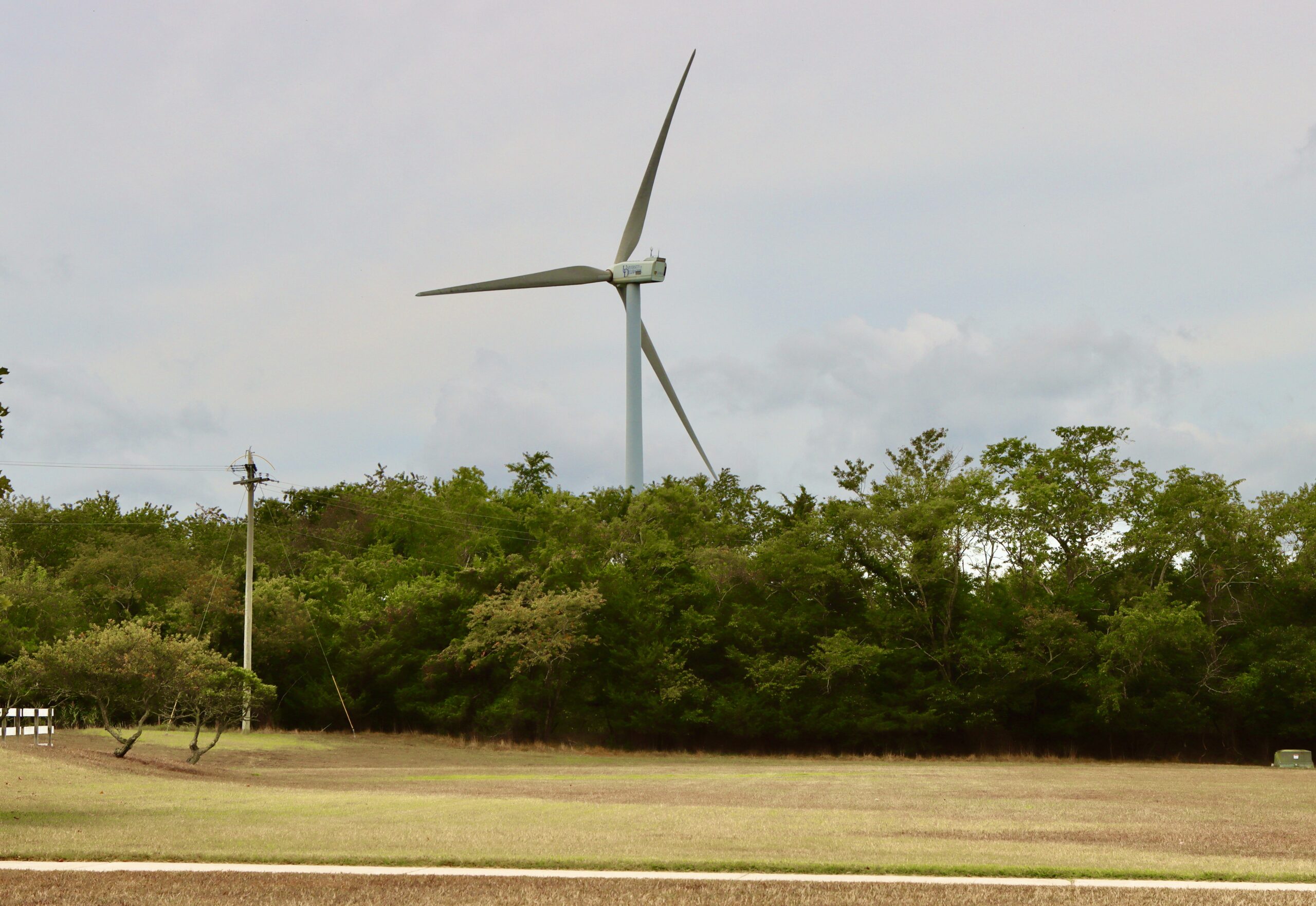By Javier Sierra
04 Oct 2024, 04:00 AM EDT
The Northern Hemisphere summer has been the hottest in history. Between June 2023 and June 2024, the 13 hottest months in history were established. Historic floods have devastated the Southeastern United States, Central Europe, Southeast Asia, and the Pacific Coast of Mexico, among other places. The closer we get to the climatic point of no return, the faster we do so.
At the same time, the more we invest in clean energy, the further we get from that point of no return. And this progress in recent years has been unstoppable. Two global climate agencies have predicted that 2024 will finally be the peak of fossil fuel emissions, thanks in large part to the huge advance of clean energy and the mass adoption of electric vehicles in China. In fact, the world invests almost twice as much in clean energy as dirty energy.
But the world wants more. A few weeks ago the largest survey on the climate crisis in history (that word again) was published. 75,000 people from 77 countries were surveyed and 80% of them demand stronger measures against the crisis from their governments.
One of the most forceful measures in the world is here and it is called the Inflation Reduction Act (IRA). Thanks to it, for the first time, families in the country will have access to hundreds of billions of dollars to purchase more efficient and cleaner appliances, make improvements to make their homes more efficient, purchase electric vehicles, protect their health and benefit from the reduction of climate emissions.
Coinciding with the second anniversary of the law’s enactment, the Biden administration reported that in 2023 more than 3.4 million families benefited from the benefits of the IRA, receiving $8.4 billion in tax credits to electrify and make their homes more efficient. The law also encouraged the creation of 142,000 jobs in the clean energy economy in 2023, 56% of job creation in the energy sector. These are good jobs, long-lasting and protected by unions.
Unfortunately, Latino families and workers are not taking advantage of these financial and employment advantages as much as they could, and the main reason is because they are unaware that they exist. A Latino family can save more than $1,000 annually thanks to the advantages of this law. Additionally, for low- and moderate-income homeowners, six states—including Arizona, New Mexico and New York—have implemented rebate programs for homeowners who make these improvements, including savings of $1,600 to weatherize their homes.
To inform the Latino community about these and many other financial advantages, Rewiring America makes available a bilingual calculator that guides consumers on what, how and when to make improvements inside and outside the home, saving money and pollution.
Javier Sierra is a spokesperson for Rewiring America.
